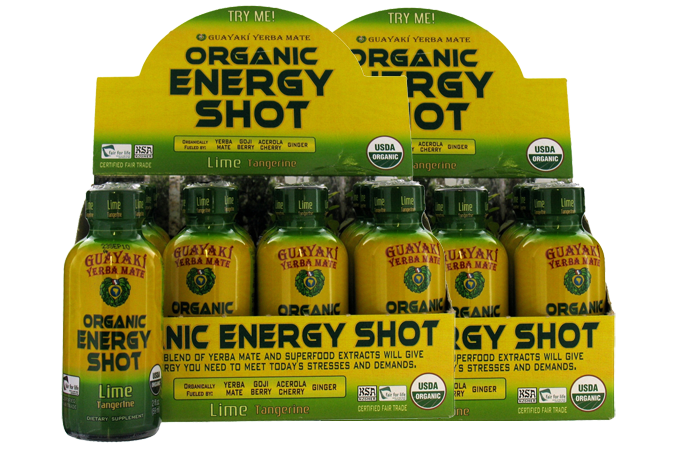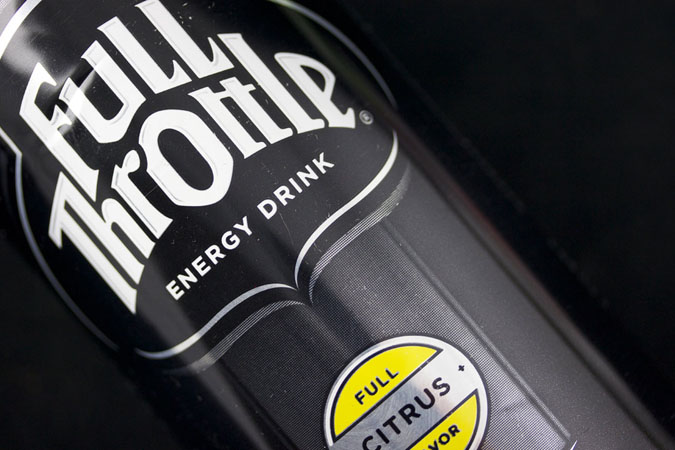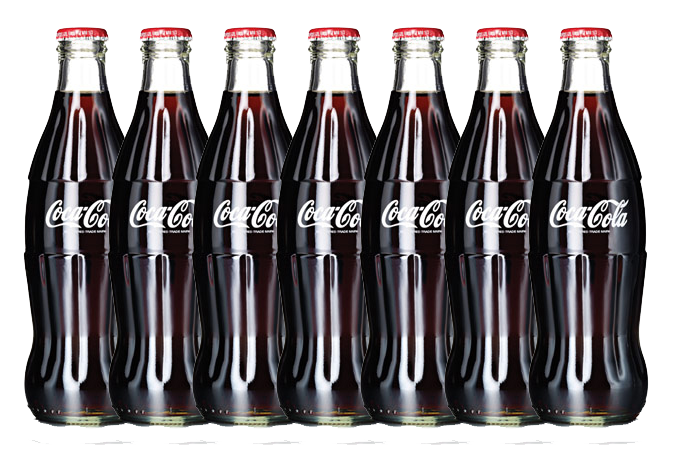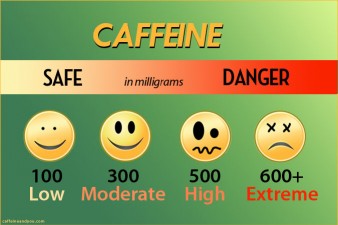Caffeinated energy drinks, energy shots, sports gels, weight-loss products, caffeinated gum, and other caffeine-added products are typically regulated as dietary supplements; though as the previous section explains, some energy drinks are now reclassifying themselves as beverages.
So what constitutes a dietary supplement, and how did FDA regulations get to be so loose?
The FDA defines a dietary supplement as a product taken by mouth that contains a “dietary ingredient” intended to supplement the diet.
The “dietary ingredients” in these products may include: vitamins, minerals, herbs or other botanicals, amino acids, and substances such as enzymes, organ tissues, glandulars, and metabolites. Dietary supplements can also be extracts or concentrates, and may be found in many forms such as tablets, capsules, softgels, gelcaps, liquids, or powders.
At first, the FDA considered dietary supplements to only consist of such essential nutrients as vitamins, minerals, and proteins. In 1990, “herbs, or similar nutritional substances” were allowed.
In 1994, dietary supplement rules were expanded to allow non-essential nutrients, such as ginseng, garlic, enzymes, fish oil, and caffeine, for instance. Congress heeded to lobbyists and passed the Dietary Supplement Health and Education Act (DSHEA).
As long as makers of dietary supplements made no unsubstantiated claims that their products treated, prevented or cured diseases, FDA barriers were dropped.
Today, the FDA puts no limits on the serving sizes or amounts of ingredients in dietary supplements. Manufacturers are responsible for ensuring their products are safe, and if an ingredient is itself new, the FDA must first review the safety data on it. But otherwise, dietary supplements are pretty loosey-goosey; they don’t need FDA approval before marketing.
The Dietary Supplement Disclaimer
We’ve all seen labels that read:
“This statement has not been evaluated by the FDA. This product is not intended to diagnose, treat, cure, or prevent any disease.”
In the U.S., dietary supplements can’t promote themselves as cures. But dietary supplements can make three types of claims:
- health claims – the link between food substance and disease or health condition
- structure/function claims – the intended benefits of using the product
- nutrient content claims – the amount of a nutrient or dietary substance in a product.
So the FDA allows for some pretty wide leeway on labels, and puts the onus of truthfulness on the manufacturer. According to the FDA:
“In general, these claims describe the role of a nutrient or dietary ingredient intended to affect the structure or function of the body. The manufacturer is responsible for ensuring the accuracy and truthfulness of these claims; they are not approved by FDA.”
Dietary supplements must include a disclaimer that the FDA has not evaluated their claims, and must also state that the product is not intended to “diagnose, treat, cure or prevent any disease,” because only a drug can legally make such a claim. (Additionally, the Federal Trade Commission regulates marketing claims in advertising materials.)
How Is Caffeine Listed on a Dietary Supplement?
According to the FDA, the “Supplements Facts” panel must list all dietary ingredients, including caffeine. But caffeine comes in many forms, which may not be obvious on the label. Besides caffeine, a label may list guarana, maté, chocolate, cacao, tea, or coffee. These ingredients also deliver a caffeine buzz, but they don’t have to be specified as “caffeine.”
The “Other Ingredients” statement lists ingredients that the FDA says “could include the source of dietary ingredients, if not identified in the Supplement Facts panel (e.g., rose hips as the source of vitamin C), other food ingredients (e.g., water and sugar), and technical additives or processing aids (e.g., gelatin, starch, colors, stabilizers, preservatives, and flavors).”
You’ll often find guarana and yerba mate (or mate) listed as “Other Ingredients,” especially in energy drinks and shots.







